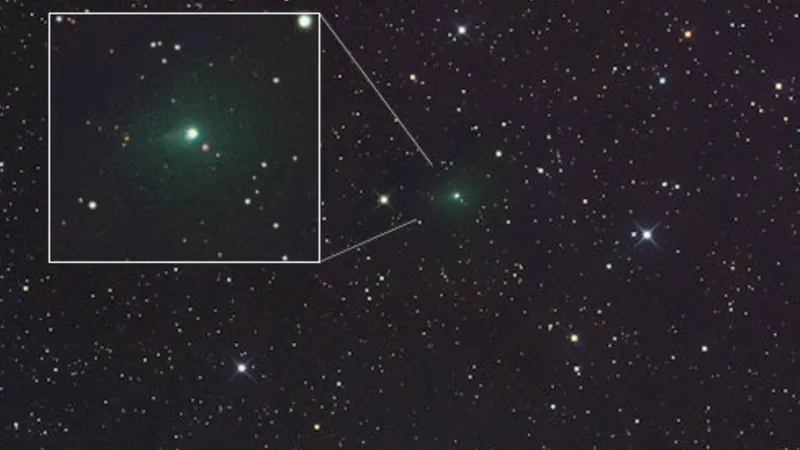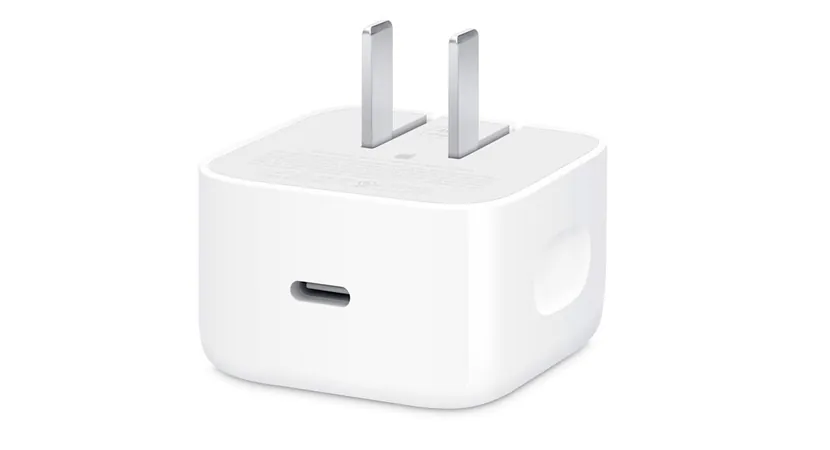
Revolutionary Study Reveals How Sunlight's Electric Field Accelerates Water Evaporation
2025-09-14
Author: Michael
Why Sunlight Makes Water Evaporate Faster Than Other Sources
For ages, it’s been clear that water evaporates swiftly under the sun—but scientists have struggled to pinpoint the reasons why. This mystery has now been unraveled by researchers at North Carolina State University and Huazhong University of Science and Technology, revealing that sunlight’s hidden electric field plays a crucial role.
The Secret Power of Sunlight’s Electric Field
Not only does sunlight provide warmth, it also emits an oscillating electric field as part of its electromagnetic properties. This unique characteristic makes sunlight significantly more effective for water evaporation than traditional heating methods. According to the lead author, Saqlain Raza, Ph.D. student at NC State, "We’ve always known sunlight is much more efficient for water evaporation, but this study sheds light on the electric fields' impact on this process."
Molecular Dynamics Models Uncover Key Mechanism
Using sophisticated molecular dynamics simulations, the team was able to carefully adjust various variables to isolate the factors that facilitate faster evaporation. Their findings revealed that without the oscillating electric field, sunlight’s ability to evaporate water diminishes.
How Electric Fields Break Water Clusters Free
So, what does this electric field actively do? It doesn’t merely heat the water; it interacts directly with the molecules on the surface. Evaporation occurs when water molecules escape, either as single entities or in clusters. Surprisingly, the electric field excels at dislodging these clusters, promoting quicker evaporation.
The Surprise in Hydrogels: A New Experiment
To further their investigation, the researchers compared pure water evaporation to that of water contained within polyvinyl alcohol hydrogels. In hydrogels, water behaves differently, producing more clusters near the surface. This enhancement allows the electric field to efficiently snag and release them, confirming that the cluster formation significantly accelerates evaporation rates.
Implications for Clean Water Technologies
This breakthrough could transform solar-powered water purification systems amid the world’s growing demands for clean water. Jun Liu, an associate professor and co-author, emphasized that understanding the interactions between electric fields and water clusters can lead to the development of smarter, energy-efficient systems.
Future Directions in Research and Technology
With this ground-breaking research published in the journal *Materials Horizons*, the team has filled a decades-old knowledge gap regarding sunlight’s efficiency in water evaporation. Their next step is to test these findings in laboratory settings, allowing researchers to find new ways to harness nature’s sunlight-powered evaporation.
As scientists venture deeper into this fascinating phenomenon, our grasp of how sunlight enhances water evaporation inches closer to unlocking even more practical applications.









 Brasil (PT)
Brasil (PT)
 Canada (EN)
Canada (EN)
 Chile (ES)
Chile (ES)
 Česko (CS)
Česko (CS)
 대한민국 (KO)
대한민국 (KO)
 España (ES)
España (ES)
 France (FR)
France (FR)
 Hong Kong (EN)
Hong Kong (EN)
 Italia (IT)
Italia (IT)
 日本 (JA)
日本 (JA)
 Magyarország (HU)
Magyarország (HU)
 Norge (NO)
Norge (NO)
 Polska (PL)
Polska (PL)
 Schweiz (DE)
Schweiz (DE)
 Singapore (EN)
Singapore (EN)
 Sverige (SV)
Sverige (SV)
 Suomi (FI)
Suomi (FI)
 Türkiye (TR)
Türkiye (TR)
 الإمارات العربية المتحدة (AR)
الإمارات العربية المتحدة (AR)